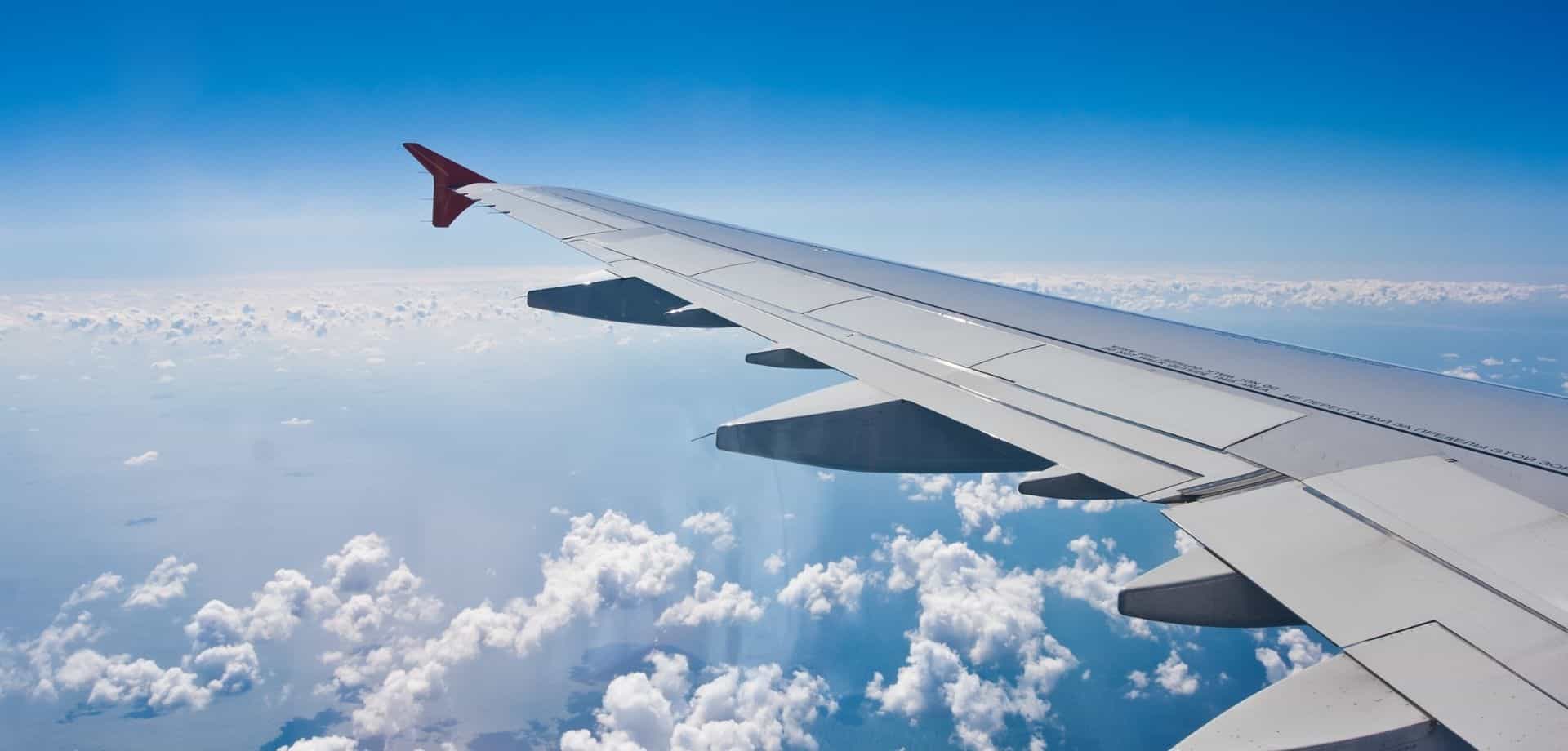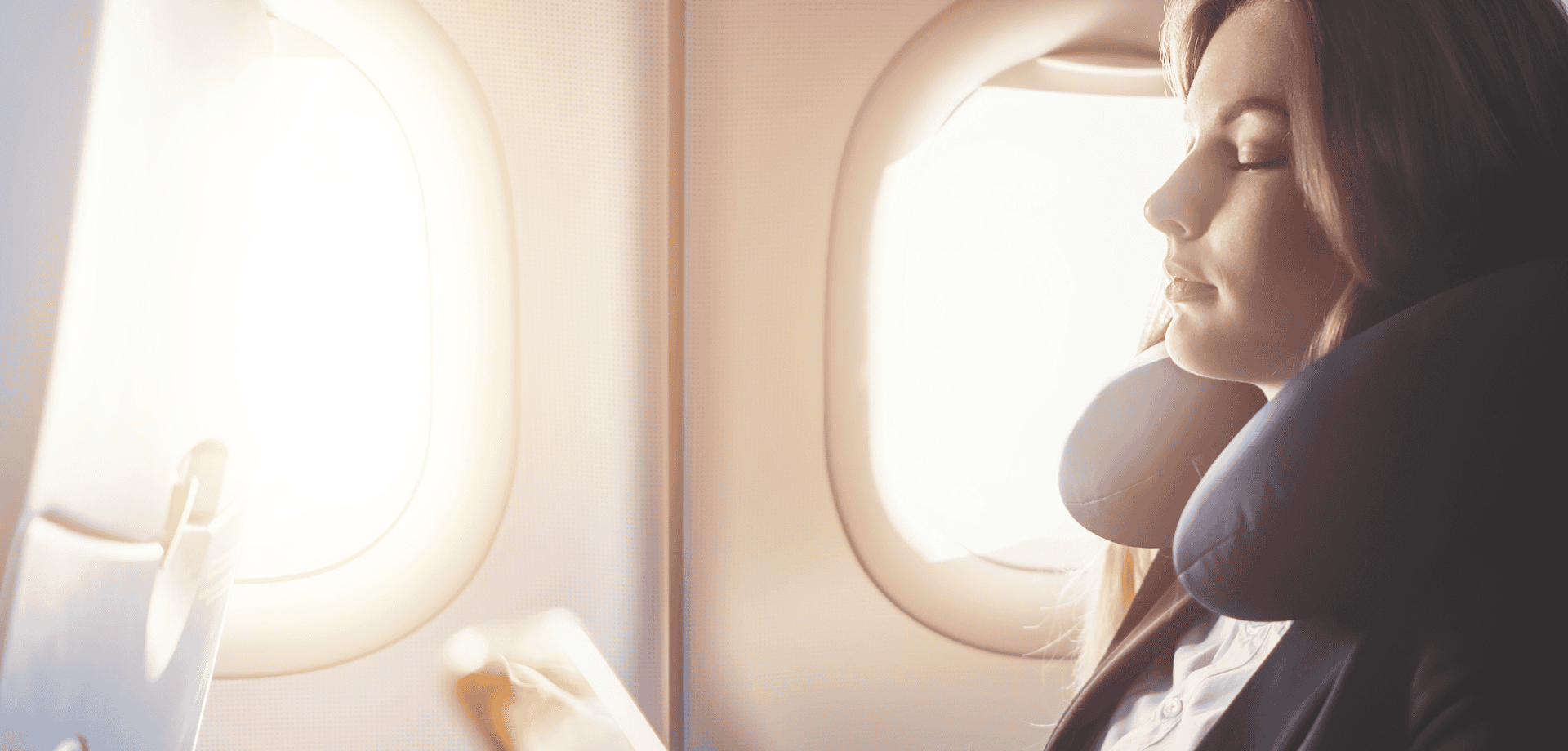Tag: Japan
Japan is hosting the biggest Rugby event of the year in September.
Starting 20th September, across 12 Japanese cities, 48 matches will be played to determine the winner of Rugby World Cup 2019. Millions of people from around the world are expected to travel to Japan to attend this amazing sporting event. Much like any other reason for travelling, it does come with some health risks.
Big sporting events, like the Rugby World Cup, attract huge numbers of people which increases the risk of getting sick and spreading diseases. Venues are sometimes described as giant Petri dishes, where viruses and bacteria can flourish and spread.
But how can you prepare yourself so you remain healthy throughout your holiday?
Be prepared…
Get Vaccinated
It is advised that individuals are up-to-date with routine immunisations including diphtheria, tetanus and polio (DTP).
If you plan to venture outside of the major cities and explore Japan whilst you are there, you may need to consider some travel vaccines, such as Rabies and Hepatitis A or Hepatitis B. If those plans include visiting more rural areas, Japanese Encephalitis could be considered. For those trekking, hiking or camping, a vaccination against tick-borne encephalitis will provide protection against the disease.
MMR is a must
Ensure you are immune to measles before you travel. Japan has had multiple large outbreaks of measles this year and it is a highly contagious disease.
The best protection against measles is to ensure you have received 2 doses of the MMR vaccine. You may not have received the full course during your childhood vaccines which means you’re not fully immune. A simple blood test can determine immunity if you are unsure.
Beware of Flu Season
Flu season for the Northern Hemisphere begins in Autumn, which coincides with the start of the Rugby World Cup. It’s possible people could pick up the flu virus at these events as the Flu is a highly contagious viral disease. Transmission of the flu is always amplified when large groups of people congregate in enclosed space. People travelling to and from mass gatherings can also spread flu to other communities and to family members when they get home. An infected person can transmit the virus before even realising they are sick.
Getting a flu vaccine every year is the best way to avoid getting seasonal flu.
Those travelling from mid-September onwards should consider getting the flu jab as soon as it becomes available.
Find out more about our travel and wellness vaccinations.
Minimize Your Risk
Besides the flu vaccine, here are a few tips on how to minimize your risk of contracting an illness at the Rugby World Cup:
- Keep a distance from people coughing and sneezing – droplets from coughs or sneezes containing flu virus can travel at least 3 feet, so keeping this distance from sick people can help lower your chance of becoming ill.
- Wash your hands often, before eating or after contact with sick people, public places and bathrooms to limit your chances of contact with the virus.
- Carry hand sanitizer to use when hand washing is inconvenient or not available. Ensure it has a minimum of 60% alcohol content to be most effective.
- Avoid touching your mouth, nose and eyes with your hands.
- Use clean, disposable tissues to wipe your mouth or blow your nose. Throw away used tissue immediately after use.
- Avoid getting overly cold and wet by wearing appropriate clothing.
- if you are already sick, wear a face mask to help lower the chance of spreading your illness to others.
First Aid
Despite having a good reputation for health care, it’s worth being prepared for minor illnesses and injuries when travelling abroad. Pack an essential First Aid Kit for your travels and include some basic items such as pain relief, plasters, antiseptic creams and something to treat minor wounds. Being able to treat minor accidents whilst abroad means less time hunting down a pharmacy or time wasted visiting a doctor should you need it.
For convenience, we sell a ready to go Essential First Aid Kit, available online.
You can book a pre-travel consultation online.
Autumn in Japan
Japan’s Autumn runs from September – November and attracts many visitors each year to view the beautiful changing of the Autumn foliage, known as koyo.
Taking outings to appreciate the beauty of autumn has been a custom in Japan for centuries. For many years now, this has become a popular activity for tourists too. Visitors explore the whole country to find the best ‘Autumn’ spots to view the natural beauty of landscapes bursting with yellow, orange and red leaves.
This activity tends to divert travellers away from the urban cities and into rural environments. Unfortunately, this increases exposure to some harmful diseases.
If you’re planning a trip to Japan this autumn….check out our travel vaccination advice.
Tetanus
Whether you are visiting the ultra-modern counterpart of Tokyo or taking a trip to Japan’s must-see landmark of Mount Fiji, traveller’s should ensure they are up-to-date with their tetanus vaccine. The vaccination is a combination vaccine with diphtheria and polio (DTP), which is routinely given to all children in the UK. However, you should ensure you and your children are up-to-date with your routine vaccinations before travelling. The vaccine can be given once every 10 years to those at risk.
Arm yourself with Insect Repellent
You can catch a number of diseases from mosquito and tick bites. You can minimise your risk by wearing long loose clothing and wearing plenty of insect repellant with a minimum of 50% DEET. Our Ultimate Bug Kit is available to purchase online.
Japanese Encephalitis (JE) is transferred by mosquito bites. There is an increased risk for those travelling in rural areas with rice fields, marshlands, or pig farming areas. It is advised to avoid these areas, particularly during mosquito feeding times, dawn and dusk.
Those travelling to the Ryukyu Islands (Okinawa) should consider the Japanese Encephalitis vaccination as the highest risk season is typically April to December. Travellers with long-stays planned in rural area’s should also strongly consider the Japanese Encephalitis vaccine.
Tick-Borne Encephalitis (TBE) is transmitted by ticks and rarely by unpasteurised milk and dairy products. Travellers are at increased risk of exposure during outdoor activities in areas of vegetation (gardens, parks, meadows, forest fringes and glades). Ticks are usually most active between early spring and late autumn. We’d advise those travelling during that time to consider the TBE vaccination.
The main affected area is Hokkaido although there is a possible risk in Shimane Prefecture, Honshu.
Those travellers who aren’t planning on getting vaccinated should avoid eating and drinking unpasteurised milk products. We’d advise all adventurous eaters to consider the TBE vaccination prior to travelling.
Measles Outbreak
Earlier this year we saw outbreaks of measles across the globe, including a large outbreak in Okinawa in Japan. Most countries routinely immunise children against measles, in combination with mumps and rubella (the MMR). However, if for some reason you or your child have missed this then receiving two doses of the MMR vaccination before travelling will give effective protection. A simple blood test can determine immunity. Those found non-immune should book in for the vaccinations prior to travel.
The Flu
Seasonally Japan suffers from regular outbreaks of flu. Tokyo and other major metropolitan centres in Japan are very dense, which increases the spread of the flu. The flu vaccination available in the UK will dramatically reduce the chance of travellers catching the flu while abroad.
Flight Times
A flight from the UK to Japan are over 11 hours direct. Prolonged periods of immobility on long-haul flights pose a risk of developing a blood clot or, deep vein thrombosis (DVT). Travellers can minimise the risk of this by ensuring they keep mobile and hydrated on the flight, avoid wearing restrictive clothing, and wearing flight stockings to aid circulation.
Altitude illness in Japan
Rapid exposure to low amounts of oxygen at high elevation can cause altitude sickness. There are a number of places in Japan which are higher than 2,500 metres, such as Mt Fuji, 3,776m.
Travellers should avoid travelling from altitudes less than 1,200m to altitudes greater than 3,500m in a single day. An ascent above 3,000m should be gradual. Travellers should avoid increasing sleeping elevation by more than 500m per day. Also, ensure a rest day (at the same altitude) every three or four days.
Book your travel appointment today
By Anna Chapman | Travel Nurse | October 2018





